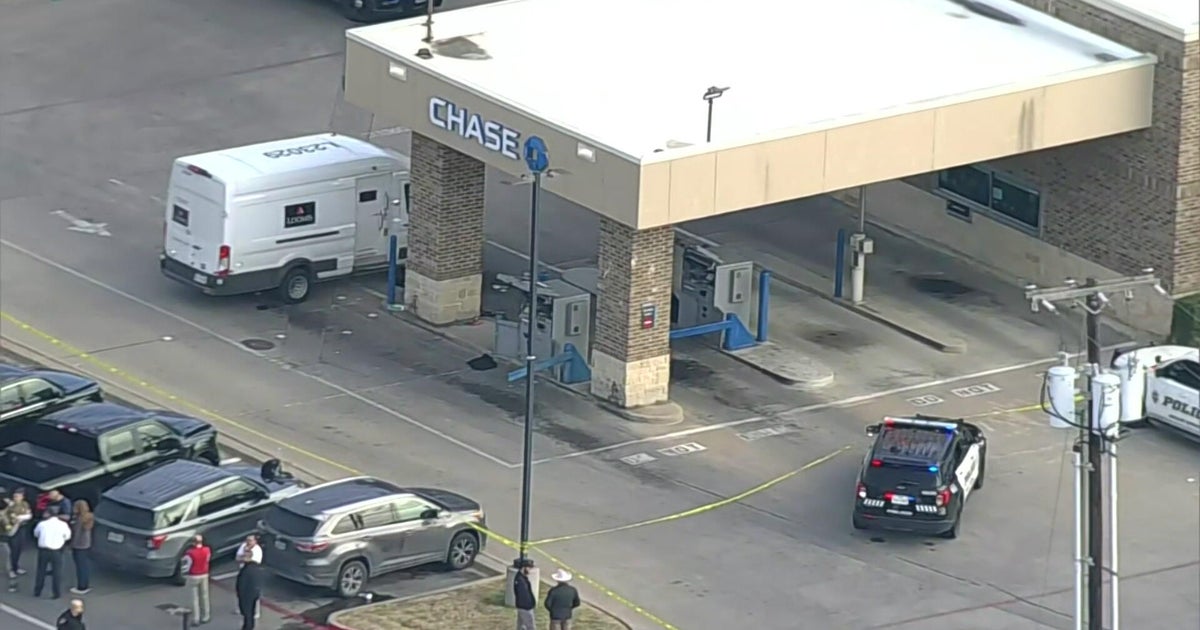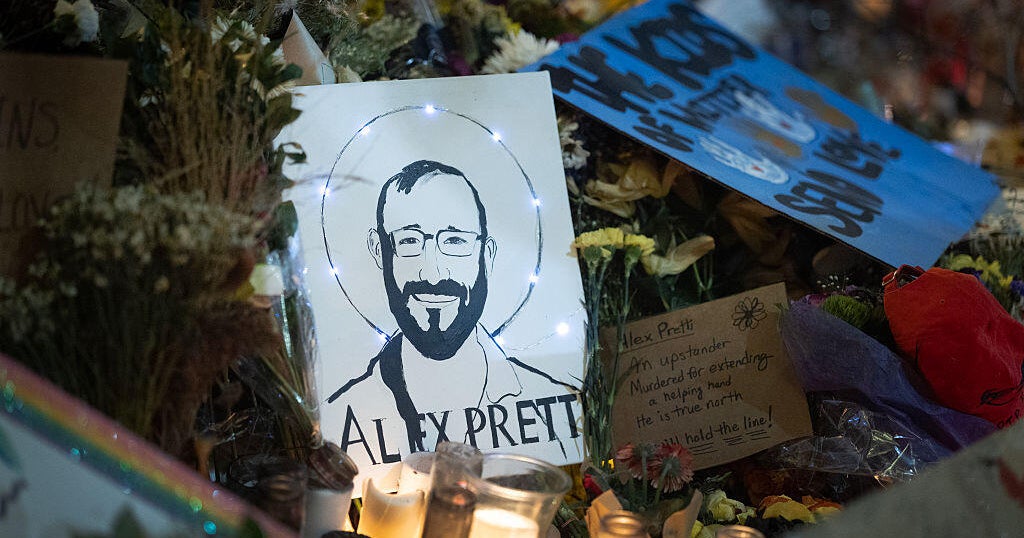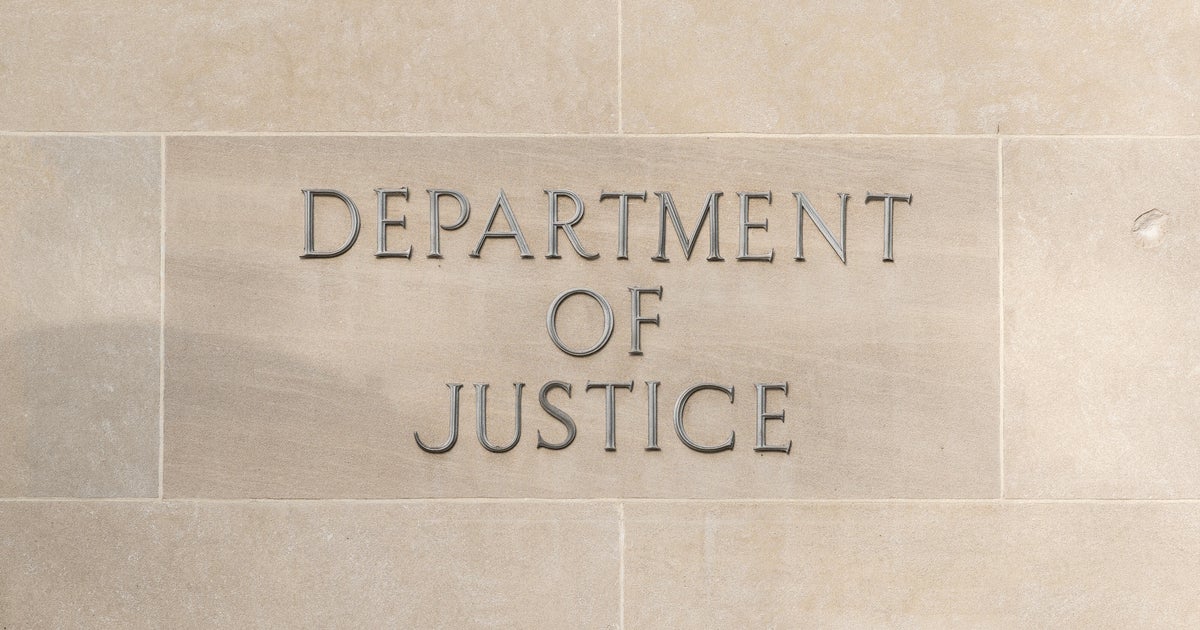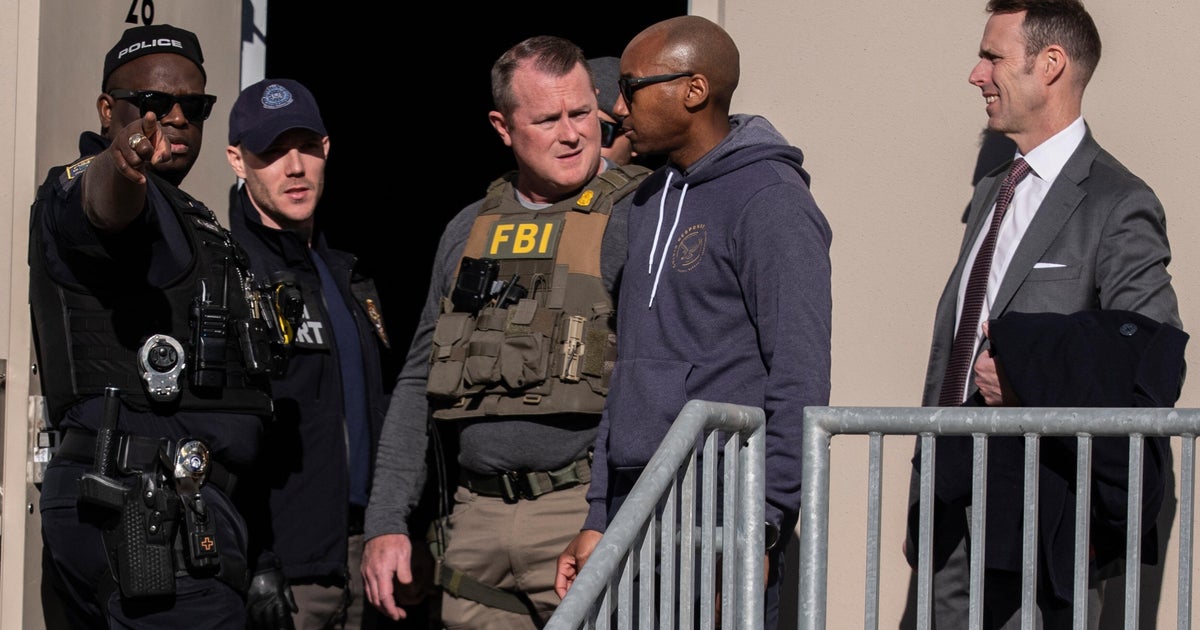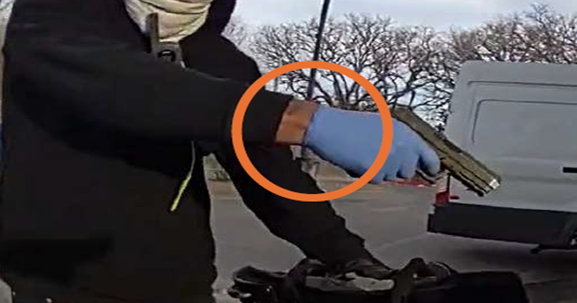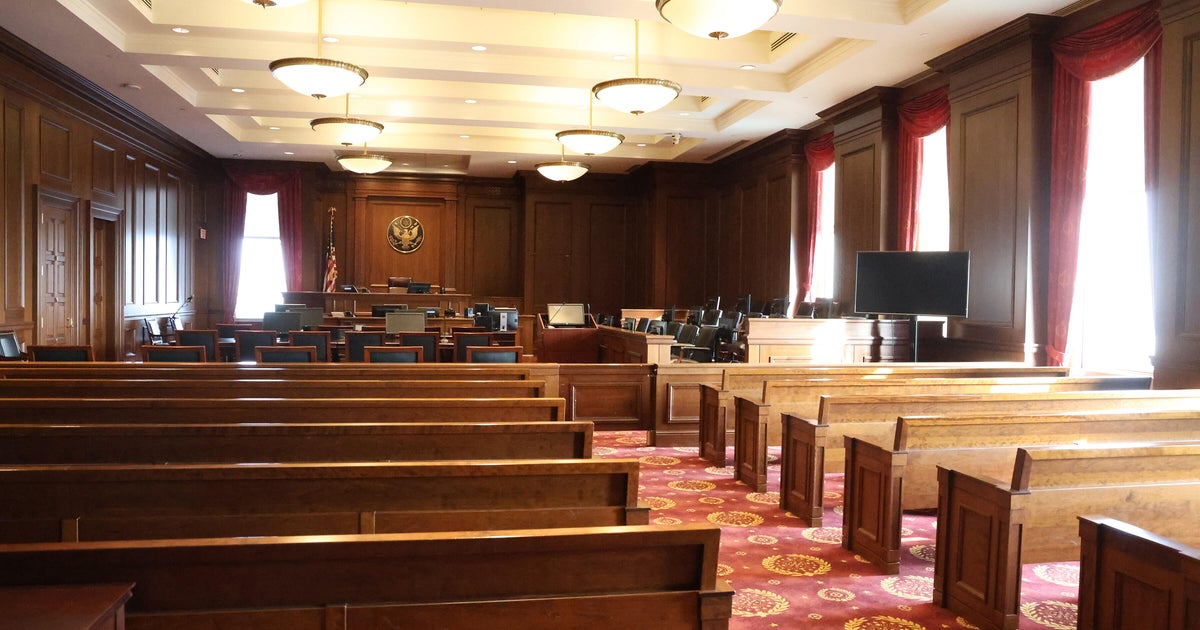Bombshell Sandusky Report Released
PHILADELPHIA (AP) -- Joe Paterno and other top Penn State officials hushed up child sex abuse allegations against Jerry Sandusky more than a decade ago for fear of bad publicity, allowing the former assistant football coach to prey on other youngsters, according to a scathing report issued Thursday on the scandal.
Read The Freeh Group Report (.pdf format, 267 pages)
"Our most saddening and sobering finding is the total disregard for the safety and welfare of Sandusky's child victims by the most senior leaders at Penn State," said former FBI Director Louis Freeh, who was hired by university trustees to look into what has become one of sports' biggest scandals. "The most powerful men at Penn State failed to take any steps for 14 years to protect the children who Sandusky victimized."
Hear Louis Freeh's press conference:
Part 1 (statement, runs 19:40)...
Part 2 (Q&A, runs 24:53)...
.
After an eight-month investigation, Freeh's firm produced a 267-page report that concluded that the Hall of Fame coach, President Graham Spanier, athletic director Tim Curley and vice president Gary Schultz "repeatedly concealed critical facts relating to Sandusky's child abuse."
Paterno "was an integral part of this active decision to conceal" and his firing was justified, Freeh said at a news conference. He called the officials' disregard for child victims "callous and shocking."
READ: Paterno Family Statement On Freeh Report
Sandusky is awaiting sentencing after being convicted of 45 criminal counts for abusing 10 boys. The scandal led to the ouster of Paterno and Spanier. Curley and Schultz are awaiting trial on charges accusing them of lying to a grand jury and failing to report abuse. They have pleaded not guilty.
Asked whether the officials' actions amounted to a crime such as conspiracy or obstruction, Freeh said that would be up to a grand jury.
School leaders "empowered Sandusky to attract potential victims to the campus and football events by allowing him to have continued, unrestricted and unsupervised access" to campus and to affiliate with the football program, the report said. The access, the report states, "provided Sandusky with the very currency that enabled him to attract his victims."
Freeh said officials had opportunities in 1998 and 2001 to step in.
Sexual abuse might have been prevented if university officials had banned Sandusky from bringing children onto campus after a 1998 inquiry, the report said. Despite their knowledge of the police probe into Sandusky showering with a boy in a football locker room, Spanier, Paterno, Curley and Schultz took no action to limit his access to campus, the report said.
The May 1998 complaint by a woman whose son came home with wet hair after showering with Sandusky didn't result in charges at the time. The report says Schultz was worried the matter could be opening "Pandora's box."
Then, in 2001, after a member of Paterno's staff saw Sandusky in a campus shower with a boy, officials did bar him from bringing children to campus and decided not to report him to child welfare authorities.
"There's more red flags here than you could count over a long period of time," Freeh said.
In a statement, Paterno's family said the longtime coach made mistakes that he acknowledged but "never interfered with any investigation" and was fooled by Sandusky.
"The idea that any sane, responsible adult would knowingly cover up for a child predator is impossible to accept. The far more realistic conclusion is that many people didn't fully understand what was happening and underestimated or misinterpreted events," the statement said. "If Joe Paterno had understood what Sandusky was, a fear of bad publicity would not have factored into his actions."
* In Pennsylvania, you can report child sexual abuse to the Department of Public Welfare's ChildLine at (800) 932-0313. *
Trustee Anthony Lubrano, a critic of the board's dismissal of Paterno in November, said the board was still formulating a response.
Freeh also said Sandusky's conduct was in part a result of the school's lack of transparency, which stemmed from a "failure of governance" on the part of officials and the board of trustees. He said the collective inaction and mindset at the top of the university trickled all the way down to a school janitor who was afraid for his job and opted to not report seeing sex abuse in a school locker room in 2000.
The report also singled out the revered Penn State football program—one built on the motto "success with honor"—for criticism. It says Paterno and university leaders allowed Sandusky to retire in 1999, "not as a suspected child predator, but as a valued member of the Penn State football legacy, with future 'visibility' at Penn State'," allowing him to groom victims.
Investigators, however, found no evidence linking his $168,000 retirement package to the 1998 police investigation. Freeh called the payout unprecedented but said there was no evidence it was an attempt to buy Sandusky's silence.
Sandusky's trial last month included gut-wrenching testimony from eight young men who said he abused them as boys, sometimes on campus, and included testimony that showed he used his prestige as a university celebrity to manipulate the children.
By contrast, Freeh's team focused on Penn State and what its employees did—or did not do—to protect children.
More than 430 current or former school employees were interviewed since November, including nearly everyone associated with the football program under Paterno. The Hall of Fame coach died of lung cancer in January at age 85, without telling Freeh's team his account of what happened.
Some of the report's most damning evidence against Paterno consists of handwritten notes and emails that portray him as being involved with a decision by the officials not to tell child welfare authorities about the 2001 encounter.
Spanier, Schultz and Curley drew up a plan that called for reporting Sandusky to the state Department of Child Welfare. But Curley later said in an email that he changed his mind about the plan "after giving it more thought and talking it over with Joe."
Spanier concurred but noted "the only downside for us is if the message isn't (heard) and acted upon and we then become vulnerable for not having reported it."
The emails also show Paterno closely followed the 1998 allegation.
With the report now complete, the NCAA said Penn State now must address four key questions concerning "institutional control and ethics policies," as outlined in a letter sent to the school last fall.
"Penn State's response to the letter will inform our next steps, including whether or not to take further action," said Bob Williams, the NCAA's vice president of communications. "We expect Penn State's continued cooperation in our examination of these issues."
The U.S. Department of Education is examining whether the school violated the Clery Act, which requires reporting of certain crimes on campus, including ones of a sexual nature. The report said Penn State's "awareness and interest" in Clery Act compliance was "significantly lacking."
Only one form used to report such crimes was completed on campus from 2007 through 2011, according to the Freeh findings. And no record exists of Paterno, Curley or assistant coach Mike McQueary reporting that McQueary saw Sandusky in a shower with a boy in 2001, as they would be obligated to do under the Clery Act.
As of last November, Penn State's policies for Clery compliance were still in draft form and had not been implemented, the report found.
U.S. Department of Education said it was still examining whether Penn State violated the Clery Act, but declined to comment on Freeh's report.
Mary Krupa, an 18-year-old Penn State freshman who grew up in State College, said the conclusion that the school's highest officials were derelict in protecting children didn't shake her love of the town or the school.
"The actions of five or six people don't reflect on the hundreds of thousands" of students and faculty who make up the Penn State community, she said while walking through the student union building on campus.
Freeh said he regretted the damage the findings would do to Paterno's "terrific legacy" but there was no attempt to pin the blame on the late coach.
"What my report says is what the evidence and the facts show," he said.
Christian Beveridge, a masonry worker who grew up near Penn State, said the findings will ruin Paterno's legacy but not the closeness that people in town and fans feel for him.
"He built this town," said Beveridge, 40, resting in the shade on campus during a break. "All of his victories, he'll be remembered by everyone in town for a long time, but there will be that hesitation."
Stay tuned to KYW Newsradio 1060, CBS-3 TV, 94 WIP SportRadio, and CBSPhilly.com for continuing coverage.
(Copyright 2012 by the Associated Press. All rights reserved.)

